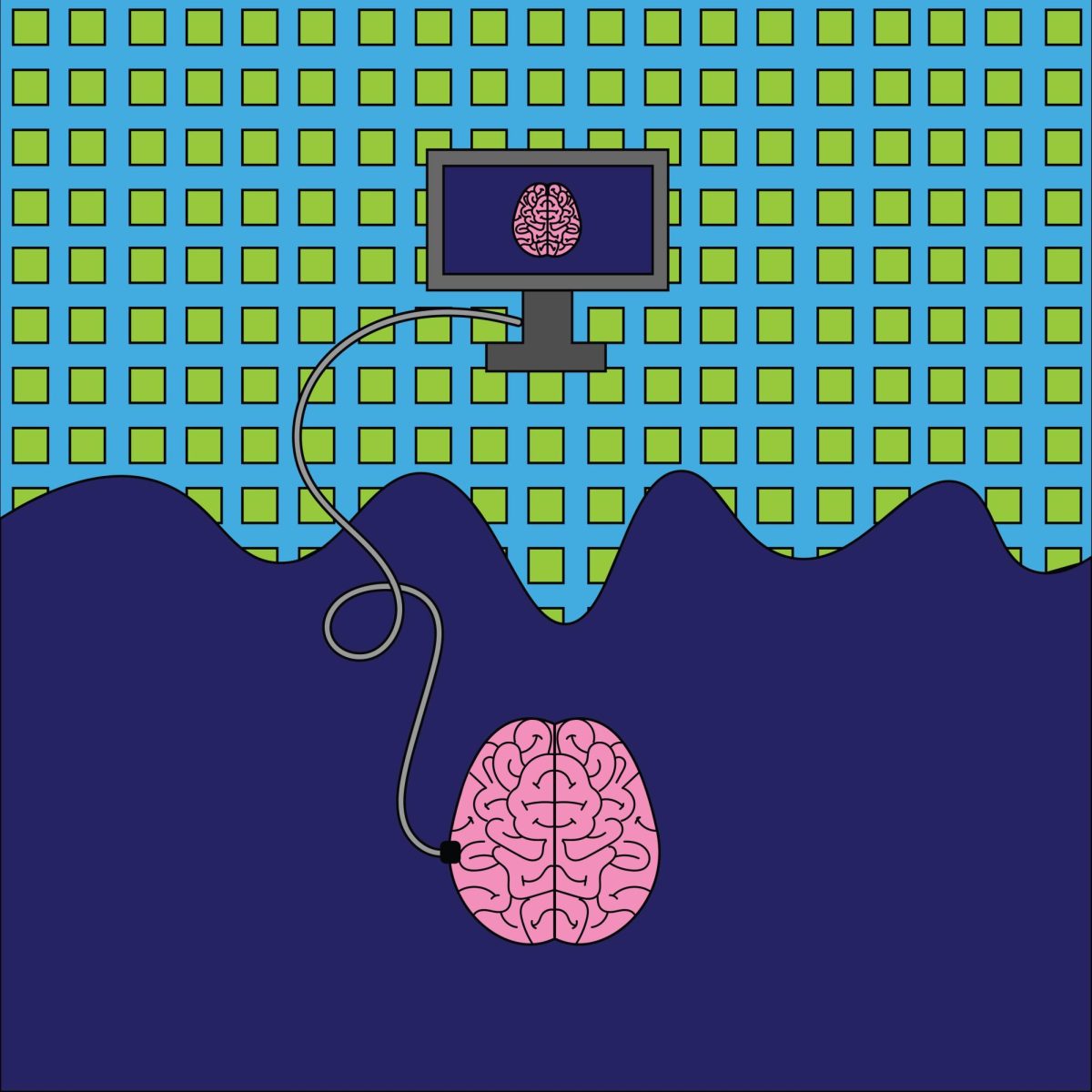I played in a kickball tournament this weekend, because I apparently miss more about my elementary school years than I’d probably like to admit. It was a pretty great day for kickball — warm and clear, and the ground at Vilas Park was rock hard, which is perfect for complaining about the opponent’s pitching being too bouncy.
I led off for my team, drove a kick to left-center and rounded first. Then, I did something dumb.
There’s really no reason to ever slide during a kickball game, especially when you’re 20 years old. God saw fit to remind me of this fact almost immediately. Standing on second base, I looked down and saw that I’d forgotten half my left leg back on the base path.
My outer shin looked like something from a butcher shop, but not something you’d want to bring home. It drew some stares. At first, I didn’t mind explaining what had happened, taking care to mention I’d still secured the double. But shortly, I grew tired of having the same exchange with each of the opposing infielders. Yeah, I slid. Yeah, I shouldn’t have done that. Yeah, it stings a little bit. I disliked being the center of attention, especially for something so embarrassing. And it occurred to me: I would make a terrible Hollywood leading man.
Thankfully, the two frontmen of our twin features can show me a thing or two.
“Pirate Radio” is ostensibly about a marine-based radio station broadcasting pop music for all of Great Britain to hear against the wishes of “the man” during the 1960s. Its main plot follows Carl (Tom Sturridge, “Like Minds”), who’s recently been expelled from his boarding school and been sent to live with his godfather on the high seas. Carl, though a rebel back in civilized Britain, is as innocent as they come compared to the coarse DJs that inhabit the ship, and he must reconcile his upbringing with his current surroundings. Along the way, he even has a chance to find his real father. These are things that happen in the movie, but really, “Pirate Radio” is all about Philip Seymour Hoffman.
Hoffman (“The Invention of Lying”) is given, as the industry phrase goes, plenty room to chew the scenery. Sporting a full, white-blonde beard and an empty brown bottle, Hoffman gives a broad, joyous performance as The Count, an American DJ unashamed of speaking his mind. Hoffman seems to revel in this ultimate outsider role, and he even serves as sort of a de facto narrator for the film, informing the viewers of the emotional state of not just the raucous group of radio DJs, but of all ’60s Great Britain as well.
In one illustrative scene, The Count announces his plans to break one of the strictest taboos in broadcasting by dropping an f-bomb live on the air. He builds up to the moment, and just as he’s about to do it, the station head (Carl’s godfather Quentin, played by Bill Nighy, “Astro Boy”) rushes in and stops him, not wanting to give the government authorities any further excuse to shut down their operation. Surprisingly, The Count acquiesces, but launches into a profanity-laced argument with Quentin after fading in a song. Then, as the song ends, a lackey informs the two that the studio mic has been on the entire time: The Count has just spoken the f-word five times on air. Hoffman’s mischievous grin and comically unfocused shrug immediately give away the game without needing to spell it out; it’s impossible to tell whether the twinkle in The Count’s eye is intended for the character or just a reflection of how much fun Hoffman himself is having.
The role of The Count probably wasn’t a hard one to play, especially for a talented actor like Hoffman. All that was really required was projecting enormous amounts of charisma and occasionally acting intoxicated. Still, he attacked the part with gusto and it clearly paid off.
In a much more nuanced leading role, Woody Harrelson (“2012”) plays Arthur Poppington, a man who dons a superhero mask and attempts to clean up his crime-riddled hometown.
However, “Defendor,” is different than most superhero genre movies, because while Poppington (also played by Harrelson) doesn’t have any supernatural abilities, he also is far less self-aware than most citizen vigilantes.
The movie opens with a scene from Poppington’s psychiatric evaluation after he’s been charged with assault, and then tells his story through flashbacks. It’s immediately clear Poppington is missing some basic reasoning and social skills — he really believes he is Defendor and that there’s a bad guy out there named Captain Industry. Poppington is willing to put his life on the line to find this villain, despite his lacking of any real training or information on the case.
Harrelson delivers a masterful performance in this difficult role, portraying Poppington as an extremely complicated yet simple-minded man. As Poppington goes through bad break after heart-wrenching bad break, Harrelson dials up a look of confusion and fright of the chaotic real world, mixed with a determination to right every wrong. As Defendor, Harrelson speaks in comic-book clich?s with a Christian Bale-esque growl, but still somehow never looses his character’s warm, innocent center.
Being the center of attention isn’t for everyone, but it’s patently obvious that Harrelson and Hoffman are both up to the task. Far from being a distraction or detriment, their roles in “Defendor” and “Pirate Radio” transcend the characters they play and give viewers an invaluable emotional window into their respective two-hour universes.
Lin Weeks is a sophomore majoring in finance and marketing. Upset with his omission of the DVD you were most excited about renting this week? Vent at [email protected].













